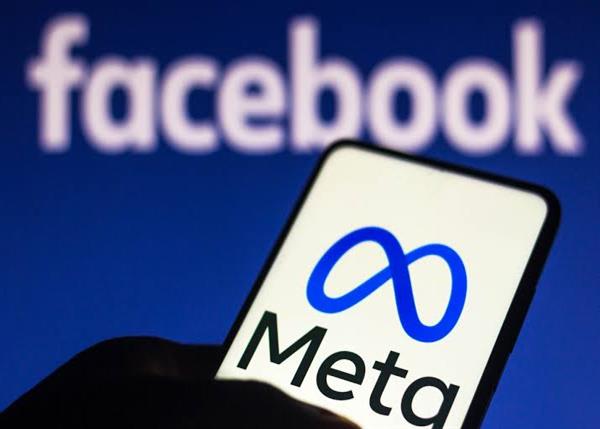
According to Meta's CEO, a virtual world that is accessible to app developers is being built.
Mark Zuckerberg, CEO of Meta Platforms Inc (META.O), defended his company's purchase of a virtual reality fitness app before an antitrust judge on Tuesday, claiming that it was helping to create the sector rather than attempting to monopolise it.
In a deposition before a federal jury in San Jose, California, Zuckerberg stated that owning the app developer Within Unlimited was 'not that crucial' to Meta's goals and that the company's main objectives were to provide communication tools and a platform for apps from various developers.
The Joe Biden administration filed a high-profile lawsuit on Thursday in an effort to block the acquisition of Within Inc., a creator of virtual reality programmes, by Facebook's parent company, by Meta Platforms Inc.
Federal Trade Commission lawyer Abby Dennis said in her opening statement that Meta's goal in acquiring Within was to expand its user base of those who utilise virtual reality, including people who use Within's well-known, subscription-based virtual reality training software Supernatural.
According to Dennis, it would compliment Meta's current virtual reality consumers, who mostly tend to be male, young, and gaming-oriented. According to Dennis, Operation Twinkie entailed bringing the 2019-acquired Beat Saber rhythm game app into the fitness industry through a proposed cooperation with Peloton, a digital fitness business.
She mentioned an email from CEO Mark Zuckerberg in which he expressed his 'bullishness' about fitness and praised the potential collaboration with Peloton.
The FTC's definition of the pertinent market, according to Meta and Within's legal team, was inadequate, and the businesses contend that they compete with a variety of fitness content, not simply VR-specific fitness apps. The FTC undervalued competition in the market it had defined, according to Meta's attorneys, who disputed that plans for a Meta-owned VR fitness app had advanced beyond low-level 'brainstorming' and cited the potential for rival tech giants Apple Inc., Alphabet Inc.'s Google, and Bytedance to enter the fray.


